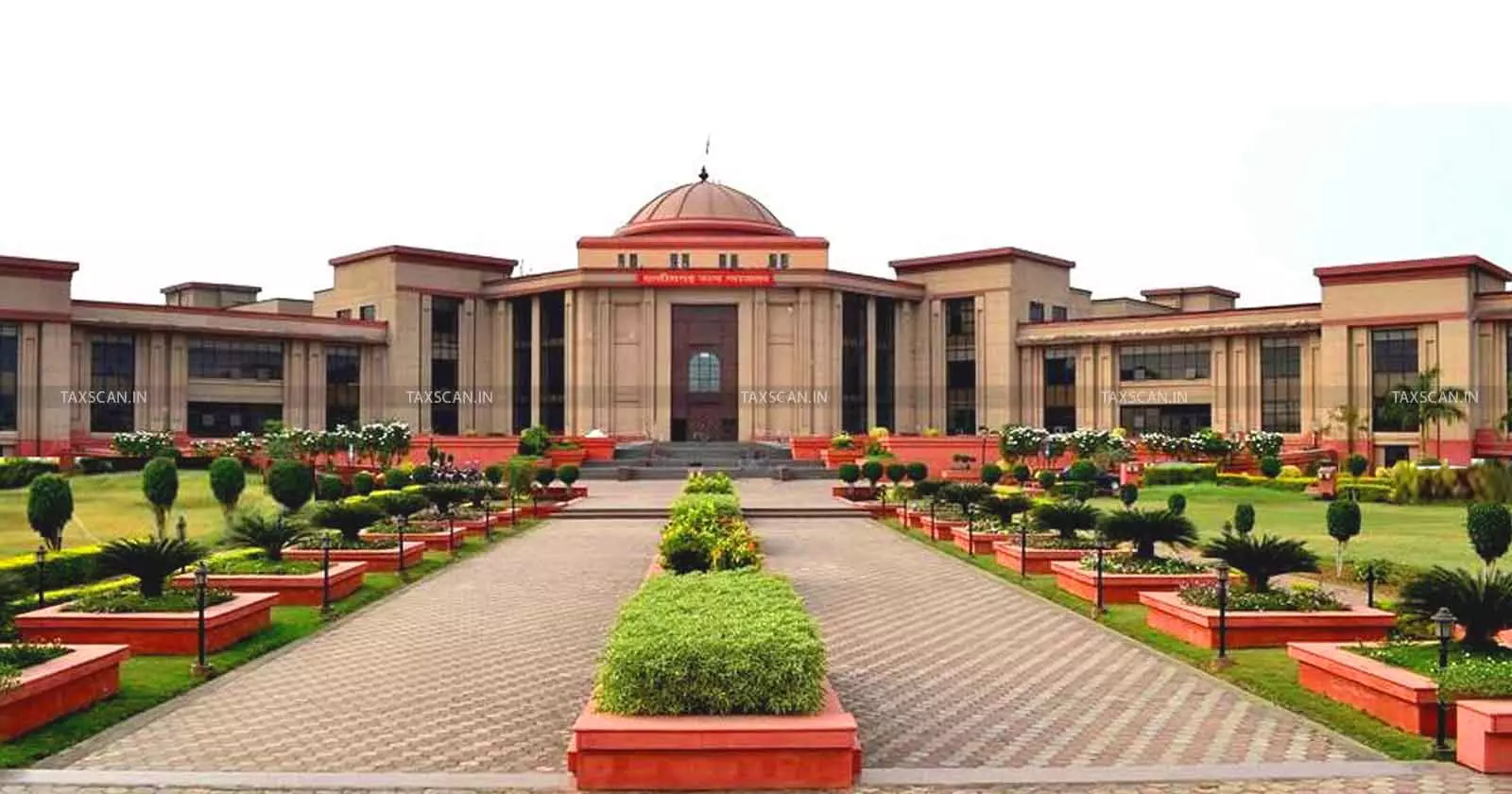Subsequent Cancellation of Supplier’s GST Registration Not a Ground to Deny ITC: Allahabad HC Criticises Dept [Read Order]
Once the purchasing dealer has discharged its burden under Section 16 of the GST Act, and there is no allegation of collusion, denial of ITC on subsequent cancellation of the supplier’s registration is unjustified.
![Subsequent Cancellation of Supplier’s GST Registration Not a Ground to Deny ITC: Allahabad HC Criticises Dept [Read Order] Subsequent Cancellation of Supplier’s GST Registration Not a Ground to Deny ITC: Allahabad HC Criticises Dept [Read Order]](https://images.taxscan.in/h-upload/2025/10/14/2096453-gst-registration-cancellation-taxscan.webp)
In a recent ruling, the Allahabad High Court has held that input tax credit (ITC) cannot be denied to a purchasing dealer merely because the supplier’s GST ( Goods and Services Tax ) registration was cancelled at a later stage, provided the purchases were genuine and tax was duly paid at the time of the transaction.
M/s Singhal Iron Traders, a proprietorship firm engaged in trading iron scrap, which had purchased goods worth ₹44.26 lakh (including ₹6.75 lakh GST) from M/s Shiv Iron Trading Co., a registered dealer in Agra, during February-March 2019.
The purchases were supported by seven valid tax invoices, e-way bills, and payments made through banking channels. The supplier had duly filed GSTR-1 and GSTR-3B returns, evidencing payment of tax to the government.
Despite this, the GST authorities initiated proceedings under Section 74 of the CGST Act, 2017, contending that since the supplier’s registration was cancelled on 30 April 2019 (after the transaction period), the dealer was non-existent and ITC was wrongly claimed.
The Assistant Commissioner reversed the ITC and imposed a penalty equal to the credit amount. The appeal filed by the petitioner was dismissed, leading to the writ petition before the High Court.
 Also Read:No Error on Record Justifying Review: Chhattisgarh HC upholds Dismissal of Contractor’s Plea for ₹9.18 Crore GST Reimbursement [Read Order]
Also Read:No Error on Record Justifying Review: Chhattisgarh HC upholds Dismissal of Contractor’s Plea for ₹9.18 Crore GST Reimbursement [Read Order]
Justice Piyush Agrawal, deciding in favour of the petitioner, observed that subsequent cancellation of registration cannot retrospectively invalidate genuine transactions made when the supplier was registered.
The Court stated that the petitioner had fulfilled all statutory conditions, possessing valid tax invoices, e-way bills, and proof of tax payment through banking channels. Moreover, the supplier’s filing of GSTR-3B, which is only possible after payment of tax, confirmed that the tax had reached the exchequer.
The Court criticized the authorities for acting on “borrowed information” without verifying whether the supplier was actually non-existent at the time of sale. It further held that once the purchasing dealer has discharged its burden under Section 16 of the GST Act, and there is no allegation of collusion, denial of ITC on subsequent cancellation of the supplier’s registration is unjustified.
Accordingly, the High Court quashed the orders of the Assistant Commissioner and the Appellate Authority, holding that there was no fraud or intent to evade tax, and that the proceedings initiated under Section 74 were legally unsustainable.
Support our journalism by subscribing to Taxscan premium. Follow us on Telegram for quick updates


